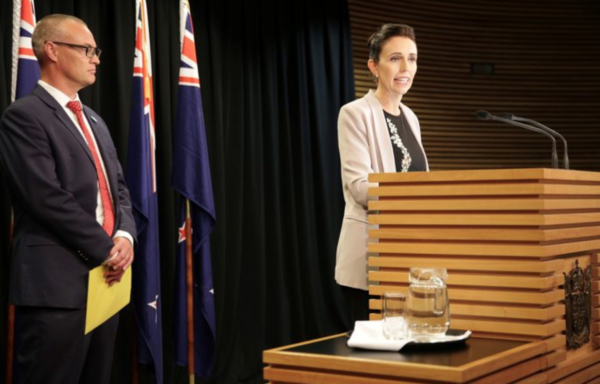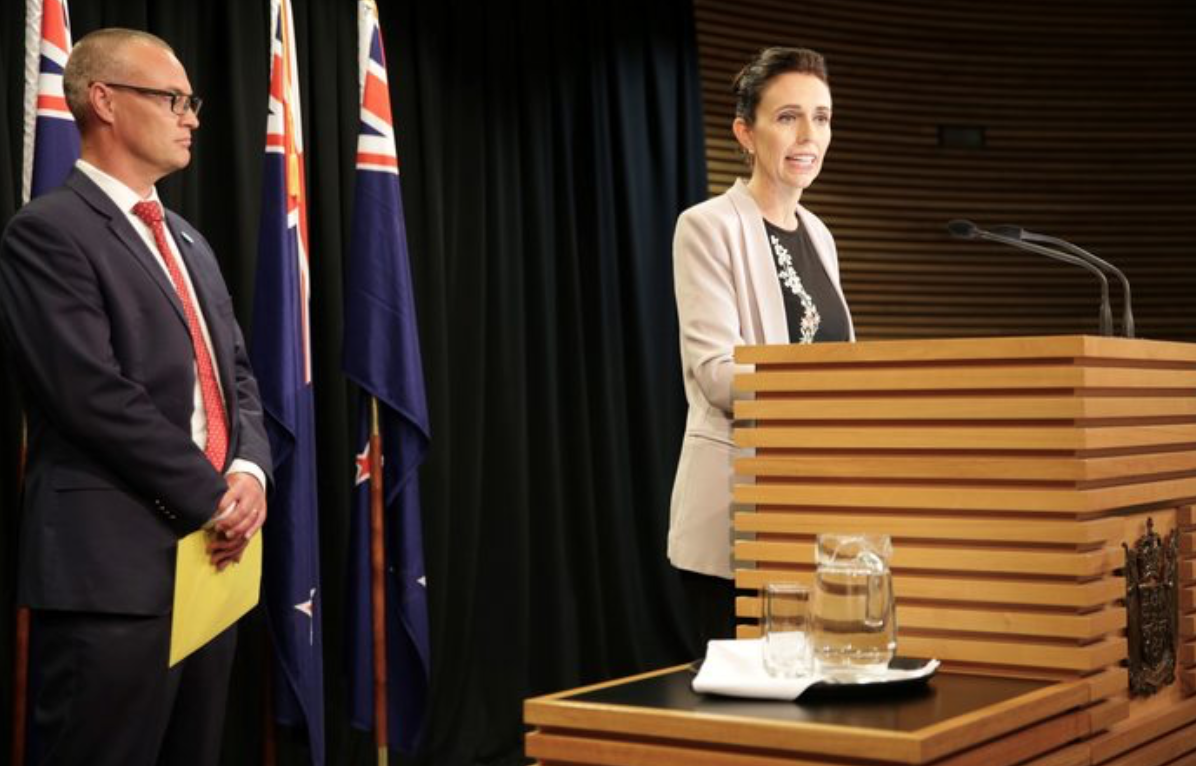
With the Government’s delayed Mental Health Inquiry due to report back in the next few days, it’s worth reminding ourselves about the background and issues that forced this move onto the political agenda.
For the best part of the last decade, suicide figures have been both shocking, and climbing rapidly – 668 was the Coroner’s Office-recorded figure for the 12 months to June 30 2018, an awful record that was itself an 11% increase on the previous year. New Zealand has the highest youth suicide rate of all OECD nations.
Police are recording over 1,000 call-outs per week to situations arising from mental illness, while Hospital Emergency Departments are inundated with presentations, so many arising from acute mental illness causes that trained mental health nurses are being placed in ED units to ‘triage’ and support those who are in that boat.
Schools and others working with youth are reporting major problems coping with the rise in mental illness episodes, with most educational institutions being completely unprepared to handle this spike. In the UK a report last week suggested almost one on four teenage girls suffered from mental illness – a figure that won’t be much different in New Zealand.
As the mental health picture got worse, families and communities started highlighting the issues, and campaigning for better resourcing and more action from central Government and various health sector bodies. A number of high profile mental health ‘failures’ started being covered in the media, both mainstream and social, and pressure grew on political organisations to take action, including holding a nationwide Inquiry into the badly out of date, professionally-oriented mental health sector in New Zealand.
The previous National Government badly underestimated the public feeling about mental health issues, refusing to conduct such an Inquiry, and buried its collective head further in the sand. Other political parties were also, to be honest, pretty timid on the subject as well, with honourable exceptions like Andrew Little, Kevin Hague and, when she became Labour Leader, Jacinda Ardern, and a small group of MPs lower down the pecking order who had generally had some personal or family experience of the devastation wrought by mental illness.
Courtesy of Little and Ardern, Labour campaigned on setting up a Mental Health Inquiry, and duly ensured that was one of the first actions of the new coalition Government – 10 months later, we are about to get the results.
As a whanau who have joined this campaign in the aftermath of our son’s suicide while in the care of mental health sector ‘professionals’, we have been pushing for some clear movement in a number of areas:
- A significant boost in community mental health support services – by geography, by hours of operation, by ethnicity, by age-group – to ensure we start putting some fences at the top of the cliff, instead of the current over-reliance on acute inpatient services;
- The need for mental health professionals to adopt a culture the acknowledges the integral part families/whanau can play in supporting and healing those suffering from mental illness;
- The need for independent whanau support and advocacy resources as an official and formal part of mental health services;
- Design of mental health services that includes a very strong element of community and cultural input, ditching the current one-size-fits-all approach, but continuing to learn from best practice locally and internationally;
- A willingness on the part of the whole sector to acknowledge mistakes, accept fault where justified and to stop concentrating on covering backsides when problems do occur.
As well as inputting these views to the Inquiry, our whanau has just been through a Coroner’s hearing into our son’s death over three years ago, where we made these and other recommendations to the Coroner – we are yet to hear the final results of the hearing, but are moderately positive about the hearing we got, and the chance of such recommendations being included in our report.
Dave Macpherson is TDB’s mental health blogger. He became a Waikato DHB member after his son died from mental health incompetence.






Humans are not designed to be in a constant state of worry and anxiety. One of the main building blocks of the society we have been building for over thirty years now has been removing the supports and safety nets that allowed us to avoid having to run at full speed just to stay in the same place.
The opportunities people used to have are increasingly absent for larger numbers of people. This removes the ability for more and more people to engage meaningfully in society. Itself an endangered word. No wonder then that the previous National government were silent on this.
Good comments, indeed societal changes, also many of these being due to technological changes and the socio economic changes of past decade, have led to many living in permanent insecurity and in fear of losing that bit of security they may have left.
Casual employment, part time employment, term contracts, and endless pressures and competition at many work places, has led to many living under constant stress.
But there has always been mental health issues and people going through crisis. The system has been under-funded for ages, mental health has not been taken that seriously by the majority in society, and governments got away with doing little, by providing band aids or nothing much at all.
So there is a huge area of need that requires to be met somehow.
Also must there be some research done on the way modern day technology may cause many modern mental health issues. We now live with screens on devices everywhere, people using more screen time than ever, and some even getting addicted to their mobile and other devices and activities they engage in.
They are exposed to blue background light, causing unhealthy stimulation of the nerves, ending in sleeplessness, fatigue, stress and worse.
The way many people live now, whether by demands set by work places, or voluntarily in their own time, or both, it most certainly does not look healthy and balanced to me.
That may also contribute to the rise in mental health issues people have, increasingly younger people.
@ MARC so right about some research needing to be done on the effects of modern day technology.
https://www.youtube.com/watch?v=MnArQm2Bxo4&t=150s
psychiatry failed and it cannot be rehabilitated, stop wanting to believe in it, they have no sanity to sell you
I am sorry for your family’s tragedy Dave, and the community owes much to your good work in addressing negligence and cruelty in the mental health arena.
I hope that NZ’ers have noted that the clamour for change has not come from politicians, as it should, or from the Health Dept, as it should, but from the people.
The report on the BoP Hospital Board alone makes horrific reading, but probably not for politicians or the Health Dept, because both are incompetent and, in my opinion, criminally negligent.
These issues don’t impact on them, they impact on others who cannot afford the help they need, and from Bill English onwards, govt has tried, both openly and by stealth, to privatise health services, and it has deliberately and ruthlessly underfunded them.
The Health Dept, I believe, has long been the bastion of second rate doctors. The medicos who cannot hack it in private practice, find safety and security as 9-5’ers – like so many public servants of dubious quality, and integrity.
Perhaps the first thing a good government could do is raise the bar and establish a competent Health Department.
It should be able to be done but I doubt that it will be.
We think we are a civilised society, but are barbaric when we accept so many people living in mental and physical pain, and the barbarians are the so-called politicians of every ilk who continue to enable it.
Hospitals used to be headed by Medical Superintendents, but now the bean counters are in charge, and that just about says it all really.
Kia kaha
Comments are closed.